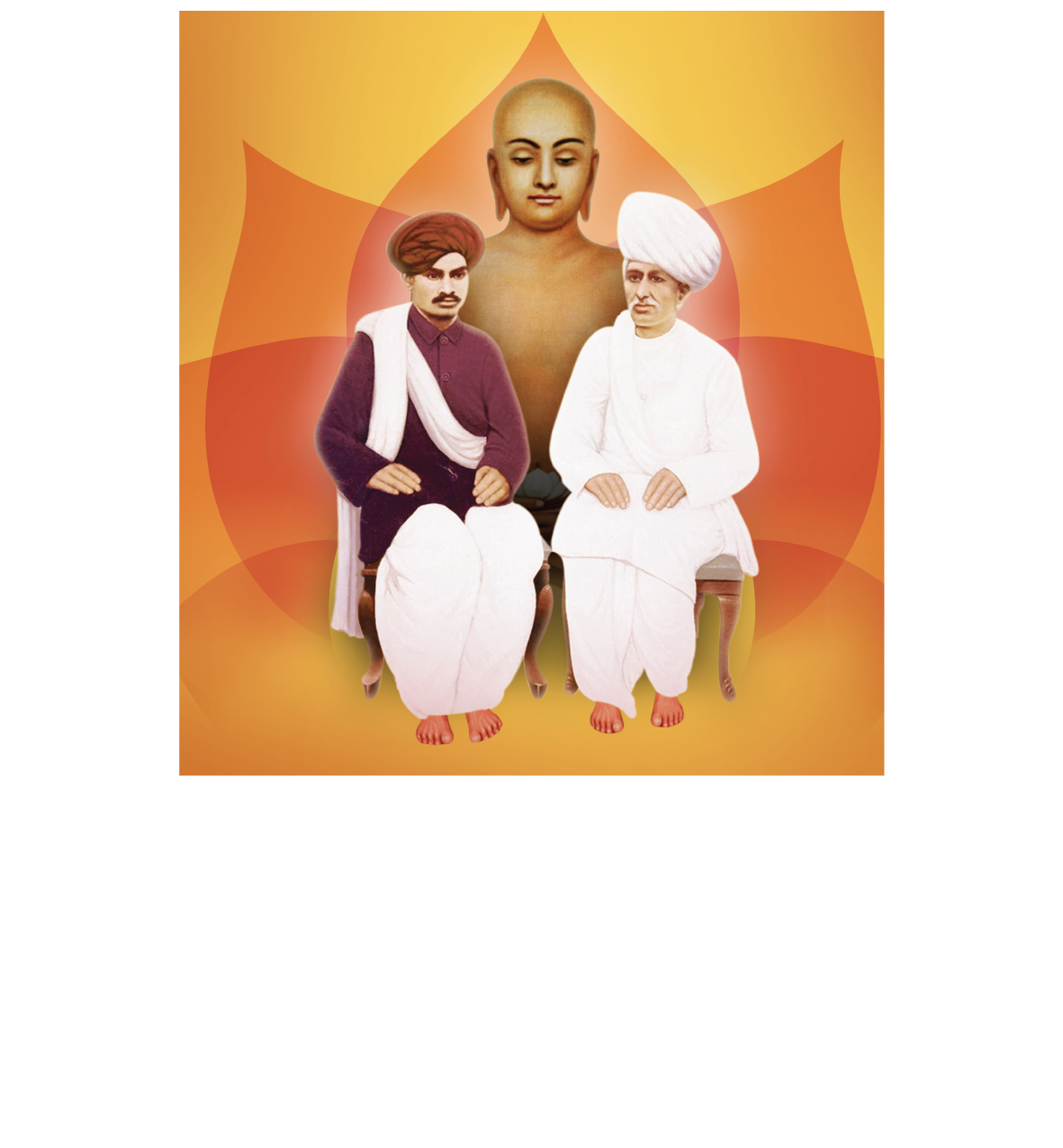Atma Siddhi
Following a request from Shree Saubhagbhai of Sayla, Shrimad Rajchandra composed the great Atma Sidhi Shastra in the town of Nadiad, Gujarat. The 142 verses emerged in one sitting of less than 2 hours.
This composition explains the Jain path to Moksha. Besides being highly spiritual, it is also a classic of Gujarati literature and has been the subject of numerous translations, commentaries and is also studied at universities for doctorates in philosophy even today.
Audio:
Listen to the track by playing the play button below.
*(Please wait for a few seconds for the track to play as it is a large file)
Watch Param Pujya Bhaishree’s Swadhyays on Shree Atma Siddhi Shastra here
Translation and Transliteration into English
Both Atma Siddhi and Agnabhakti are translated and transliterated into English in the book ‘The Regime of Love’. You can view or download the book for free using the link below.
Background
Shrimad had sent a copy of the letter on 'The Six Spiritual Tenets' to Shri Saubhagbhai with an instruction to learn it by heart and to contemplate on its contents regularly. Due to old age, Saubhagbhai found it difficult to memorise the prose form of the letter and requested Shrimad to re-write the letter in rhythmic verse form so that he could easily memorise it and make it a part of himself.
During Bhadarva and Aso months of Vikram Samvat 1952, Shrimad spent his time in the jungles of Gujarat contemplating in solitude. From there he came to the town of Nadiad where a great event took place on the first day of the later half of the Aso month. When Shrimad returned from his day's outing at dusk, he called on Ambalalbhai: "Ambalal, light and hold a lantern".
Ambalalbhai, a great Truth seeker, humble as ever did as asked and stood by Shrimad's side with a lit lantern. Shrimad sat and started writing. A miraculous stream of inspiration full of profound spiritual insight began to flow. His sublime spritual state became his pen and the essence of his profound thinking became his ink. He began to compose verses with the potency to awaken slumbering souls. The 142 verses of Atma Siddhi Shastra had emerged in one sitting of less than two hours.



